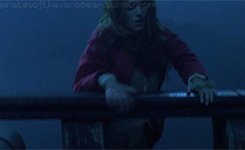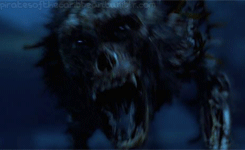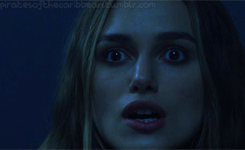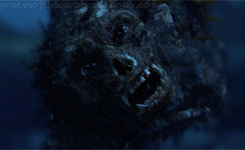

| Being an actor to me is about learning to be a sponge, because everything you encounter in the world might be useful to you down the line in a performance and you don't know it yet. |
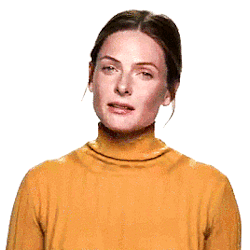

| This was my first feature film credit. I was about eleven or twelve, I think, when we filmed it. And I don't have quite strong memories of it, actually, beyond being on the boat and the girls being friendly but a little frazzled. Maybe that's why I don't remember it, it was frenetic. But I'll get to tell my kids one day that I worked with the Spice Girls. |
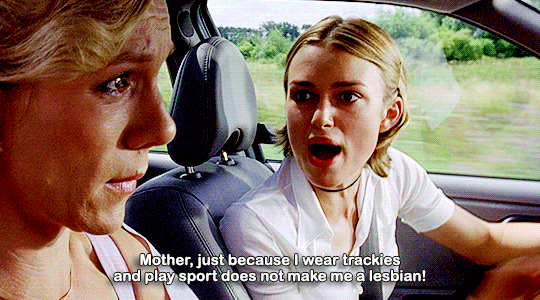
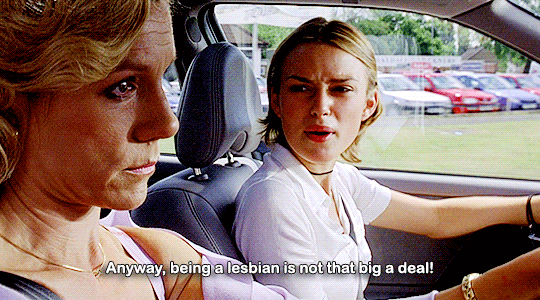
| I am certain I would not be the performer I am today if I hadn't done this film, with Gurinder Chadha. I don't think I... well I know I didn't understand at the time how lucky I was to have such a formative experience with a female director, on a story about young women like this was. She didn't try to mold us, she didn't try to impose anything on us, she reminded us that we had what we needed to play these girls. And I loved doing this, playing football every day, getting better at it. There was a tangible skill I could see myself improving, as well as honing my craft as an actor. |

| I've had lots of girls tell me over the years that it made them feel seen for being sporty, and just as many say they wish it'd actually ended up a same-sex love story and choose to see it as one, and it means a lot to me that it matters so much to people and that they're attached to it in that way. I'm very proud of it. |
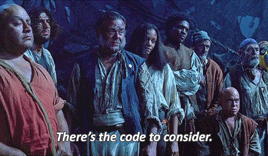
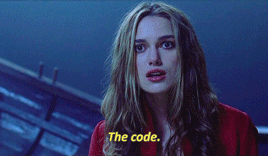
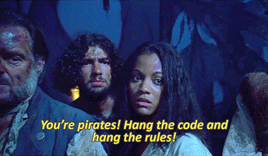
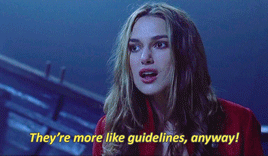
| I really thought this wasn't going to do anything, I mean it's a film based off a theme park ride with a loose plot. [laughs] But it was Disney, and they treated me really well, they flew me out to LA to do a screen test, and put me up in a nice hotel, and then flew me to New York to meet Jerry Bruckheimer, and so it was all quite charming. And at a certain point, when you're seventeen and get invited to spend several months in St. Vincent on the beach snogging Orlando Bloom, you don't really care if the film fails. And I was really certain it'd fail, from the minute we started. But there were hints it wouldn't. I was filming that first scene I have with Geoffrey Rush, the "disinclined to acquiese to your request" verbal pas de deux.... |
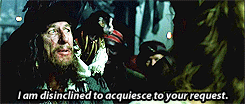
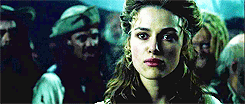
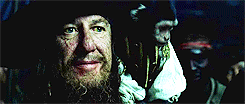
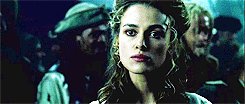
| And he was so good, so fucking good, and I do remember thinking well, if he nails this, and the visual effects make him and the rest of the crew look as creepy as they're telling me it'll look, and if the producers don't call the whole thing off when they find out that Johnny Depp is doing this totally unexpected, rockstar take on Jack... well, if all of that happens, then maybe we have something. |
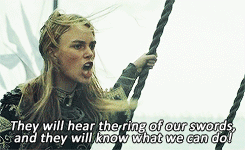
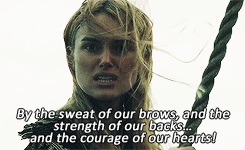
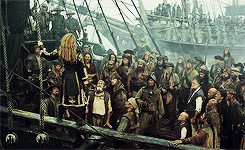
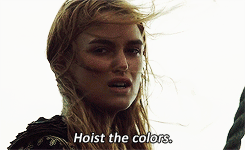
| I was seventeen when we started, and I was twenty-two when we finished. They were really formative years, and they were wonderful, but they were long, I think you can see it on mine and Orlando's faces in those last scenes of At World's End that we were just tired to our bones. I don't know how he did it, doing the Tolkien films and then these. But I look back at these and I'm really proud. I learned to swordfight and could hold my breath underwater for like two minutes, it was like pirate school, and it all culminated in that maelstrom at the end, with us doing our own stunts for the most part. |
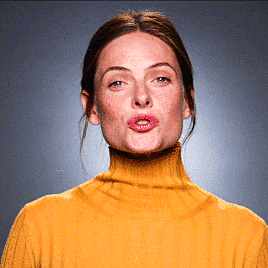
| I didn't realize how radical it still was at the time to play an archetypal damsel in distress who then decides not to be in distress, but in a way that was organic to her and wasn't just suddenly becoming a male character in a woman's body. It recalled Princess Leia to me, not that anybody could come close to being as great as Carrie Fisher as Leia – but I so admired that character growing up, as I think a lot of girls do. And actually, someone told me recently that they thought Elizabeth should be in that sort of unofficial Disney princess spiritual canon with characters like Leia, or Shuri, and I got to very politely issue a reminder that Elizabeth would leave the badass princessing to actual princesses... she's busy being a king. |
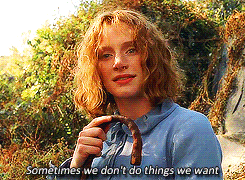
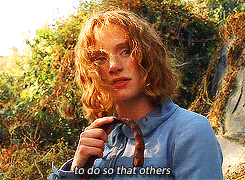
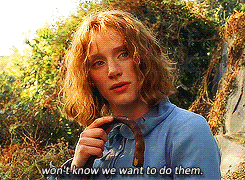
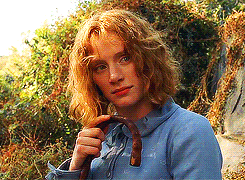
| I feel like this was before its time, because I responded to it right away but I know a lot of people didn't. I think it's an incredible meditation on sorrow, on what scares us. We filmed it quite quickly, because it's almost entirely outside and they wanted it to be set at a certain time of year, so we had a limited window because it'd be obvious on screen if the seasons changed. It was my first time working with Roger Deakins as our DP, too, and... just wow. But I think people were too busy complaining about it to notice the epic cinematography. [laughs] |
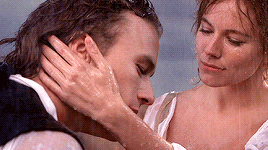
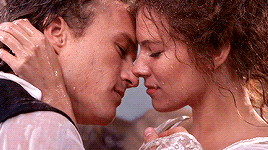
| I um... hmm. I'm not sure I want to talk about this one anymore, um... sorry, I'm getting emotional, it... it's hard to talk about. But it's also joyful, because I loved making the film, it was such fun, but more importantly, Heath really was the kindest, gentlest person. |
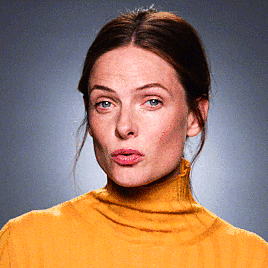
| I loved him very much. We spent about six months treading the same path that year, between Casanova together and each of our films that put us at the Oscars that winter, which I'm sure we'll get to next. Every time we saw each other, he um... I'm not sure I want to go into it more. But he was the sort of friend I desperately needed at the time, and I am wrecked that he's gone. He had so much more to give as an artist and as a man, and he didn't get the chance. |
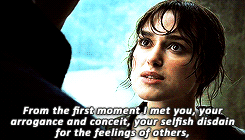
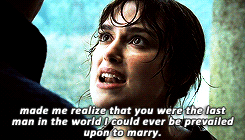
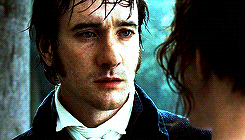
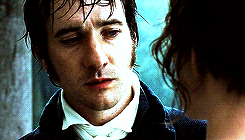
| I had always identified more with Jane. Is that weird? I felt I understood her better, I'm not sure why. And Joe Wright didn't want to hire me at first, he um... he said I was "too pretty," which... [laughs] Anyway, I was quite surprised when he did ultimately hire me, and for Lizzy. For the part all of these girls wanted, but that I never quite related to even though we're all meant to see ourselves in Elizabeth Bennet. In a way, I think it was for the best, because I came to understand her in a way I'm not sure I would have if I'd just been a Lizzy Bennet acolyte from the start. She's proud, hence the title, but she's got this other, humbler side to her, that's weak for her family. She loses her wits for her family, in defense of them and out of love for them. That's the most powerful thing about her, to me, and why it's so clear that Darcy would fall in love with her. I'm talking too much, you should just intercut the helping her into the carriage scene here, Matthew's hand is all anybody's going to care about. [laughs] |
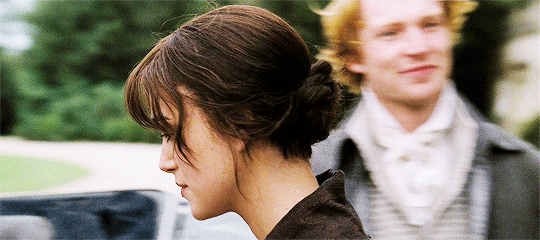
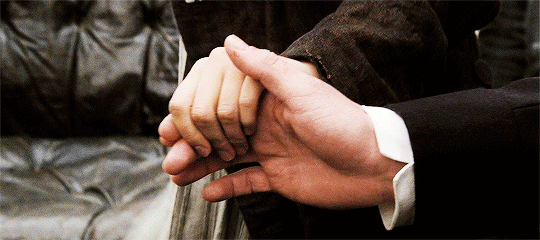
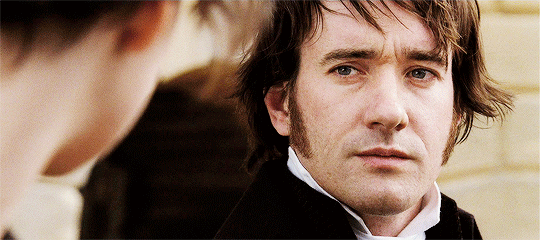
| I say that jokingly, of course, but I really do think we had chemistry off the bat, just good interpersonal chemistry, that warmth, which is why when we did Anna Karenina together... |
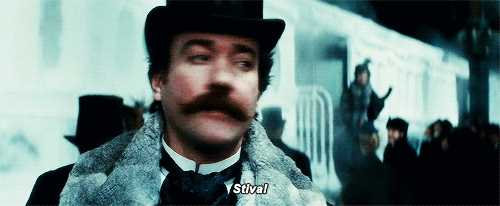
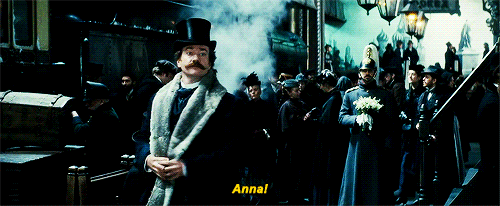
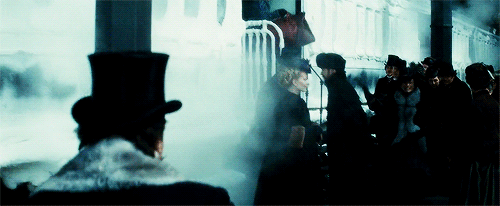
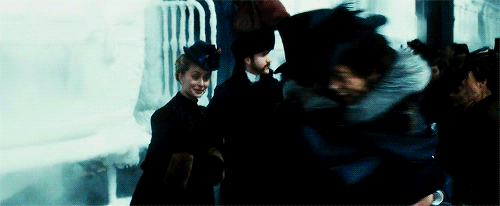
| ... it translated quite well to us being siblings, too, and we didn't have to convince the audience that we had history together, because, obviously, they knew. Plus, it was nice to have him there as part of this sort of bookend to the trilogy — not that I was out to do another formal trilogy of something, obviously, but these three pillars Joe and I looked at, from Pride & Prejudice through Atonement... |
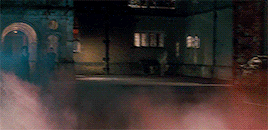
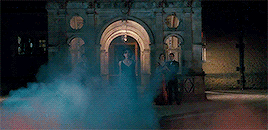
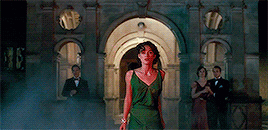
| ... and then to Anna Karenina. We did feel they all layered together, though it didn't start out that way. But once we'd done the second one, we'd explored Elizabeth Bennet and then Cecilia in Atonement, and we were left feeling that something was missing, that we weren't quite finished. |
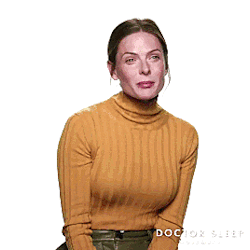
| There was something more to be mined there, that we wanted to try and understand about women and how they exist within their time and within their own stories and that of those around them. Lizzy is very much of her time as well as a cog in everyone else's wheels such that she almost misses out on a chance of succeeding both for herself and as a woman of her moment; Cee would have the privileges few women in her time did and yet can't pursue them as she's a victim of the people around her and, quite literally, of her environment; and Anna has it all then tries to have more, as an adult who should know better than to think social standing really protects you when you're a woman who wrongs a man, and fails, hard. |
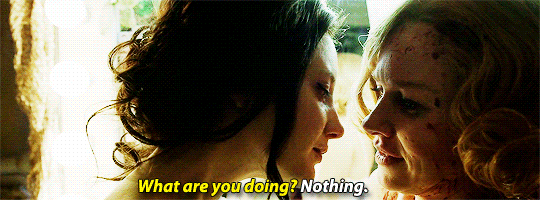
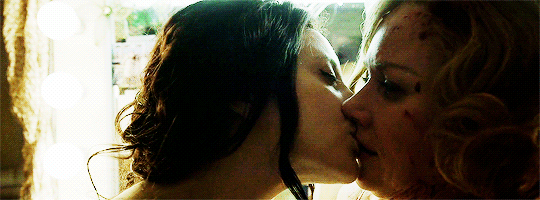
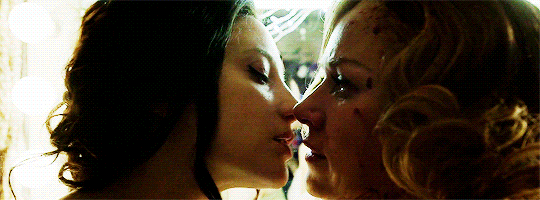
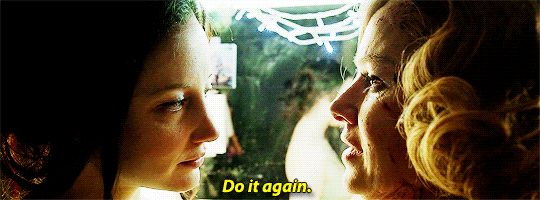
| Alejandro's ability to look at the human condition in an immersive, unflinching, invasive way is unparalleled, but he does it with this love and this tenderness. I think that's why people respond to his films, why this won the awards it did. It certainly wasn't because of me. [laughs] I thought it was quite fun to play actors, as well. Some people hate it, I love it. I found there was something liberating about playing an acting process that isn't my own. |
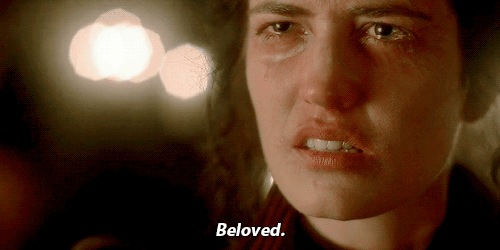
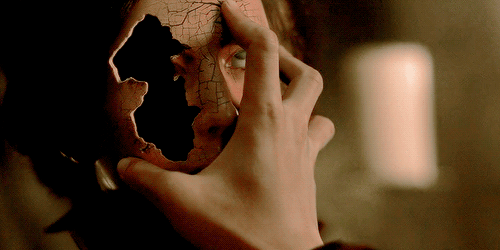
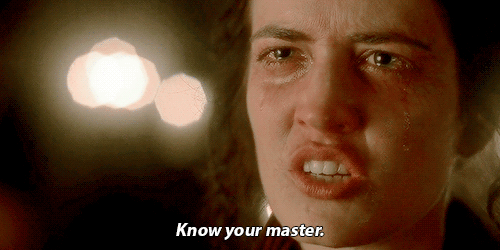
| John Logan approached me about this while it was in development, and it might've been the quickest "yes" of my career. I love the stories it's based on, I loved that it was this warped version of London, and I really, truly loved Vanessa, from the moment I read the first bits of the scripts for the first season. I knew it would be a physically demanding part, so I wanted to be able to inhabit her in those moments as much as possible, be quite close to her so it was easier. So I taught myself to read tarot, I did a lot of reading about the occult, about Christianity and how different religions, in total, talk about the Devil, or the idea of a presence akin to the Devil. |
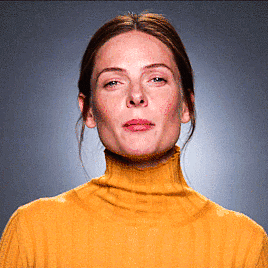
| I've been asked a lot if I feel the show ended before its time, or that we weren't given the attention we deserved for it, and that's a complicated question. Certainly I think there was something lost in the decision to end it when we did, but we did get to end it on our terms, on John's terms and on mine, and with all of our input on how our characters came to their ends. And not to pat myself on the back, but I think some of what we did with this show is an altogether new paradigm of trusting your audience, the bottle episodes we did in particular, like the one in the asylum. But it's also a transposition of the literary influences that informed it, which were about these brilliant or brilliantly depraved men, the Draculas and the Dorian Grays and the the Frankensteins and the Jekylls, and choosing to let a woman exceed them on their fictional turf, and to have them be in awe of her. It's about an extraordinary woman, in a world where she will never fit but that she desperately loves, and about the men who love her, particularly the one who loves her enough to not only accept her self-determination, but help her achieve it. I think it's exceptional. |
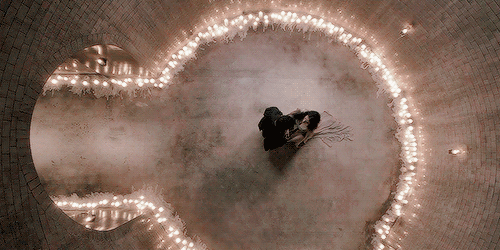
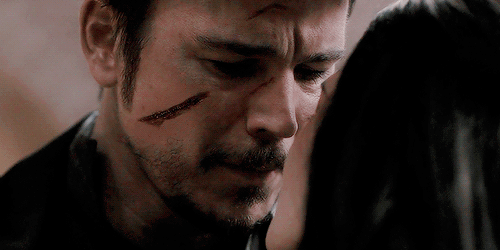
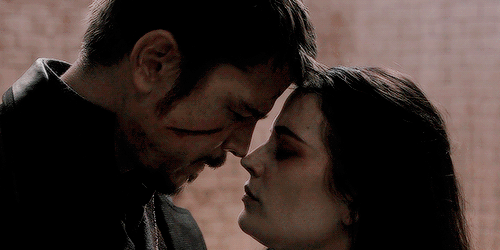
| And, fun fact, the young man who plays Josh and my son in a dream sequence in the second series is Noah Jupe, who's now my son in A Quiet Place, so, I'm a lucky mumma. |
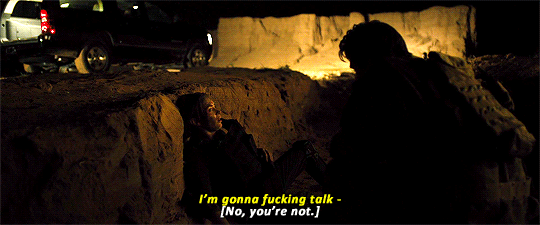
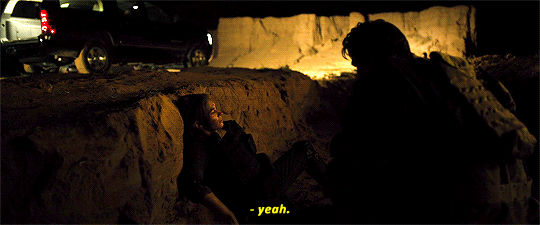
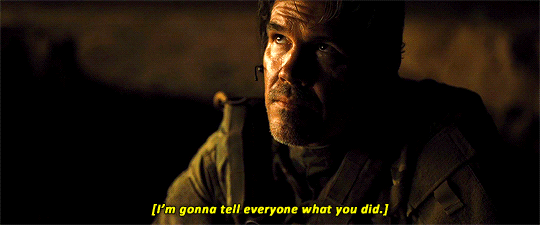
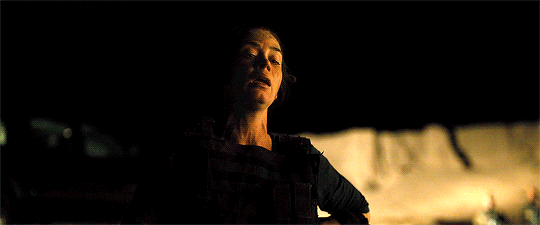
| This was hard. This was really, really hard. I got quite beat up on this, I had bruises everywhere, my back hurt, my voice even hurt. I'd never been this overtly physical before, not even with Pirates. That's theatrical, this is gritty, it's in the alley behind the theater. But hearing Denis say "I deeply love it," it's so worth it. And working with really excellent men like Benicio and like Josh, they know what they're doing. You can't get away with shit as an actor with those kinds of people, on a film with this tight a call sheet. |
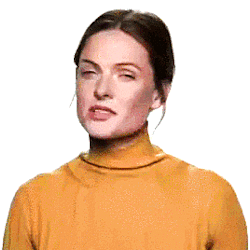
| Getting to work with Roger Deakins again after, gosh, more than a decade? It was beautiful. Seeing yourself the way he sees you, it's just... it's really wonderful. And they wanted a dude for it, did you know that? More than one financier said they'd fund it if they made my character a man. Tough shit. [laughs] |
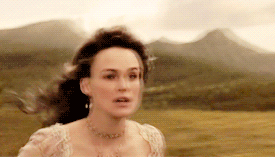
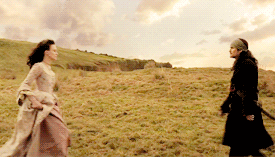
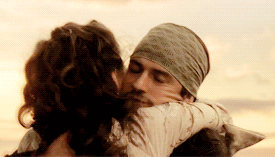
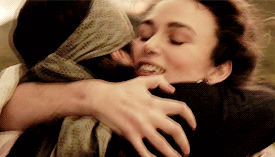
| What can be said? I spent one day in a beautiful dress getting to hug and kiss Orlando again. You're probably sensing a theme here, I'm very sorry to his fiancée. |
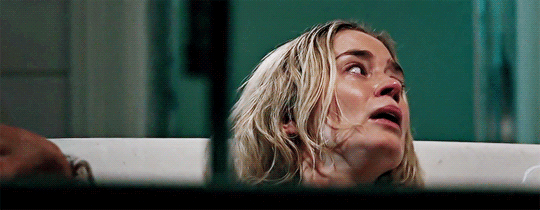
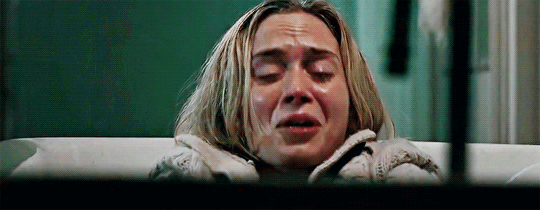
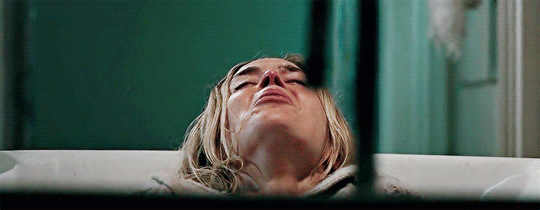
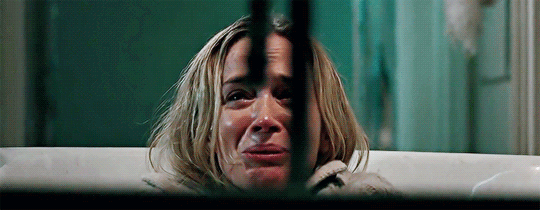
| I've known Todd for a long time, and I was sort of surprised but really pleased when he told me this was something he was working on, and obviously quite flattered to be asked to do it. I knew immediately we were doing something special, the script was like nothing I'd read before. |
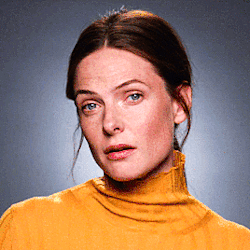
| I think a lot of people at the time had really, finally been convinced that you could use horror films as a way to look at something else – not that you ever couldn't, but in the five years before it we'd had The Babadook, Don't Breathe, we'd had Get Out, which I think was the final bit of evidence everyone needed that you can do whatever the fuck you want in the horror genre if it's good. So it was important to us to have fun with it but also treat it with care, because everyone involved felt quite strongly about what it represented. For the parents on the crew, it was about protecting your kids from the world even though you can't control it. For me, personally, it was about anxiety, about processing trauma. Films like that, that we can all see something of ourselves in, that's where the magic happens. |
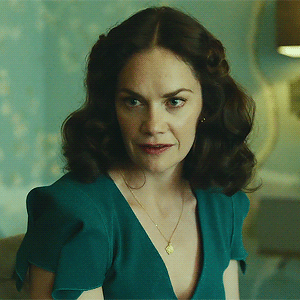
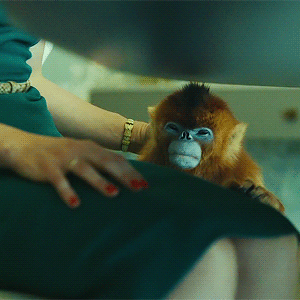
| I used to get typecast for period drama, now I'm typecast as the mother of all evil. And what the hell is it with me and monkeys?! |
